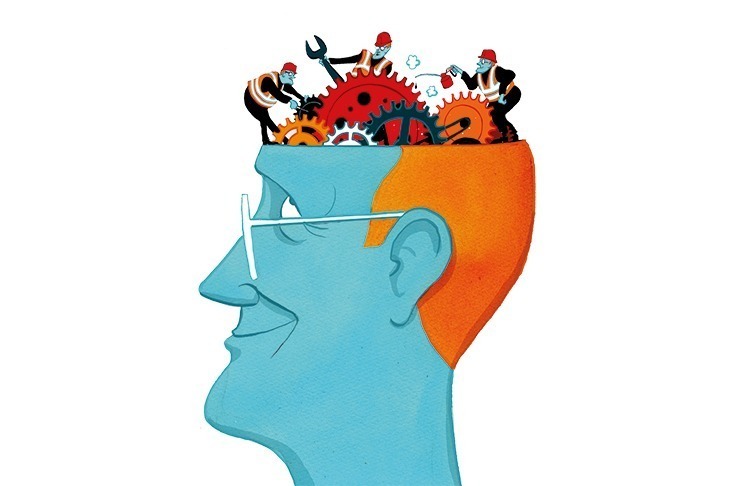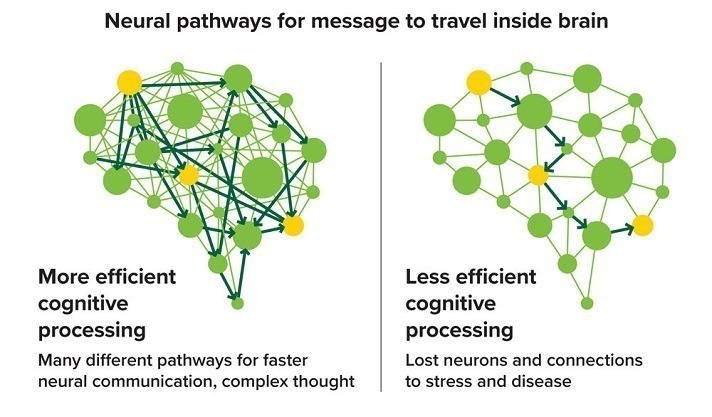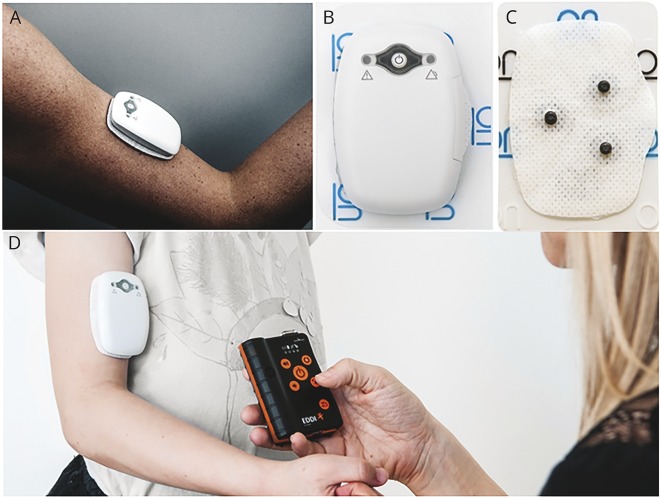Posts Tagged ‘neurology’
Study: Cognitively stimulating jobs help us maintain brain health as we age, delaying the onset of cognitive impairment and dementia
Workplace learning could be a boon for wellness, research shows (HR DIVE): Learning and development in the workplace could be a boon for wellness, new research suggests. Doing cognitively demanding work can delay the onset of brain decline and even dementia at an older age, according to the study published April 17 in the journal Neurology.…
Read MoreQuestions grow about the validity and usefulness of direct-to-consumer blood tests for Alzheimer’s Disease
For the first time, people worried about their risk of Alzheimer’s disease can go online, order a blood test, and receive results in the privacy of their homes. This might seem appealing on the surface, but the development has Alzheimer’s researchers and clinicians up in arms. The Quest Diagnostics blood test, AD-Detect, measures elevated levels of amyloid-beta…
Read MoreStudy: Building cognitive reserve helps delay memory and thinking decline regardless of genetic or childhood markers
Building cognitive reserve could protect against memory and thinking decline, even with low childhood cognition scores (Alzheimer’s Research UK): New research suggests that people who develop high ‘cognitive reserve’ by the time they reach 69 years old may reduce their likelihood of memory and thinking decline, even with low childhood cognitive abilities. The study was…
Read MoreStudy: High Cognitive Reserve (CR) seen to significantly lower dementia risk even in the presence of high Alzheimer’s Disease (AD) neuropathology
Lifespan Cognitive Reserve—A Secret to Coping With Neurodegenerative Pathology (JAMA Neurology editorial): Given the limited success of therapeutic interventions for Alzheimer disease, there is increased interest in understanding whether modifiable factors can help cope with or postpone the appearance of brain pathology. It is estimated that about 35% of Alzheimer risk is modifiable. Epidemiologic studies…
Read MoreUCSF to open innovative neurology clinic to address “diagnostic odyssey”
_____ UCSF to Launch Unique Neurology Clinic Specializing in Difficult-to-Diagnose Cases (press release): “A proposed neurology clinic at UCSF Medical Center at Mission Bay aims to shortcut the “diagnostic odyssey” faced by many patients with baffling brain symptoms that do not meet the standard criteria for any specific condition. Patients with ambiguous neurological symptoms, but…
Read MoreNext in clinical practice: Automated real-time detection of seizures via wearable EMG devices
___ Wearable EMG Found to Detect Seizures (Neurology Today): “A new study demonstrates the feasibility of using a wearable electromyography device to detect tonic-clonic seizures…The Neurology paper was among the first to demonstrate its results prospectively, using a pre-specified cut-off for determining that a GTCS is occurring. And at nine seconds, its latency in doing so…
Read More





